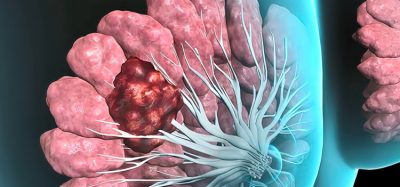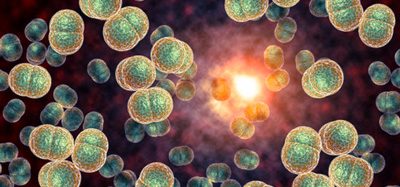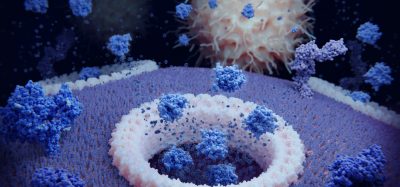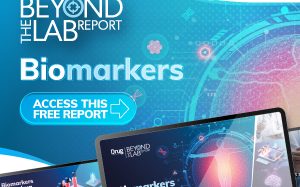Knockdown of FAM3C inhibits breast cancer tumour growth
Posted: 22 January 2024 | Drug Target Review | No comments yet
Inhibition of FAM3C expression in cancer-associated adipocytes during early tumour development holds promise as a novel treatment approach.
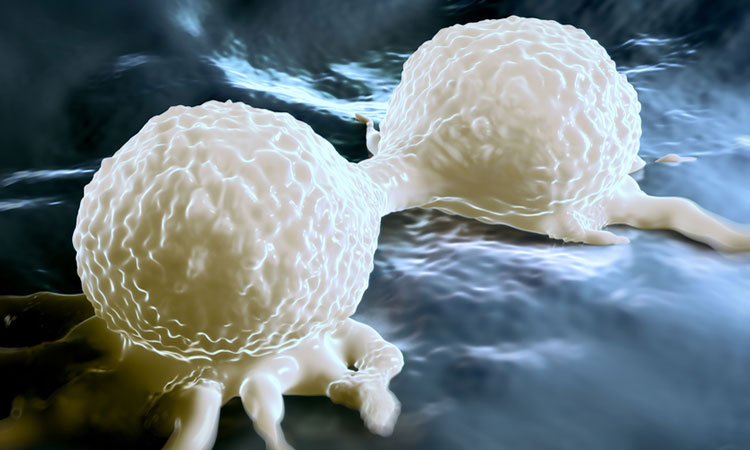

Scientists, led by Dr Jiyoung Park, in the Department of Biological Sciences at the Ulsan National Institute of Science and Technology (UNIST) has identified FAM3C as a key regulator of breast cancer progression within the tumour microenvironment (TME). The findings show potential for targeted breast cancer treatment therapies.
FAM3C is a metabolism-regulating signalling molecule produced by cancer-associated adipocytes (CAAs). Adipose tissue within the TME has an essential role in supporting breast cancer progression. In the study, the team observed that overexpression of FAM3C in cultured adipocytes greatly reduces cell death in both adipocytes and co-cultured breast cancer cells, while suppressing markers of fibrosis.
On the other hand, depletion of FAM3C in CAAs results in adipocyte-mesenchymal transition (AMT) and increased fibrosis within the TME. The researchers also found that breast cancer cells stimulate the expression of FAM3C in adipocytes through TGF-β signalling, which can be inhibited by a TGF-β-neutralising antibody.
Biomarkers are redefining how precision therapies are discovered, validated and delivered.
This exclusive expert-led report reveals how leading teams are using biomarker science to drive faster insights, cleaner data and more targeted treatments – from discovery to diagnostics.
Inside the report:
- How leading organisations are reshaping strategy with biomarker-led approaches
- Better tools for real-time decision-making – turning complex data into faster insights
- Global standardisation and assay sensitivity – what it takes to scale across networks
Discover how biomarker science is addressing the biggest hurdles in drug discovery, translational research and precision medicine – access your free copy today
Knockdown of FAM3C in CAAs significantly inhibited primary and metastatic tumour growth in a genetically engineered mouse model of breast cancer. As well as this, elevated levels of circulating FAM3C were seen in patients with metastatic breast cancer compared to those with non-metastatic breast cancer.
“These findings suggest that therapeutic inhibition of FAM3C expression in CAAs during early tumour development could hold promise as a novel approach in the treatment of patients with breast cancer,” concluded Dr Park. “Understanding the role of cancer-associated adipocytes and their secretory molecules, such as FAM3C, opens up new avenues for the development of early diagnosis markers and targeted treatments for breast cancer.”
This study was published in Cancer Research.
Related topics
Antibodies, Cancer research, Drug Targets, Oncology
Related conditions
Breast cancer, Cancer Research
Related organisations
Ulsan National Institute of Science and Technology (UNIST)
Related people
Dr Jiyoung Park (UNIST)




